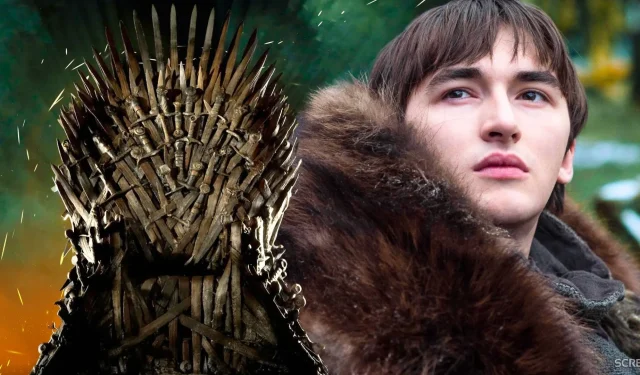The conclusion of Game of Thrones finally addressed a central question that had lingered throughout the series: Who would ultimately govern Westeros? The unexpected crowning of Bran Stark as king came as a surprise to many viewers, especially after the demise of Daenerys Targaryen at the hands of Jon Snow in the series finale, “The Iron Throne.”This decision sparked considerable backlash among fans. However, it aligns with the intentions of George R.R. Martin for his forthcoming novels, particularly The Winds of Winter, which is expected to lay the groundwork for Bran’s ascension.
Bran’s elevation to kingship is indeed rooted in Martin’s vision. Unless the author has had a change of heart—an event that is always possible—this twist will be echoed in his final book of the A Song of Ice and Fire series, A Dream of Spring. While this may not be addressed until that future publication, The Winds of Winter has the opportunity to develop this plotline further, addressing some of the shortcomings of the television series.
Insufficient Development of Bran Prior to His Kingship
Issues Began Before Season 8
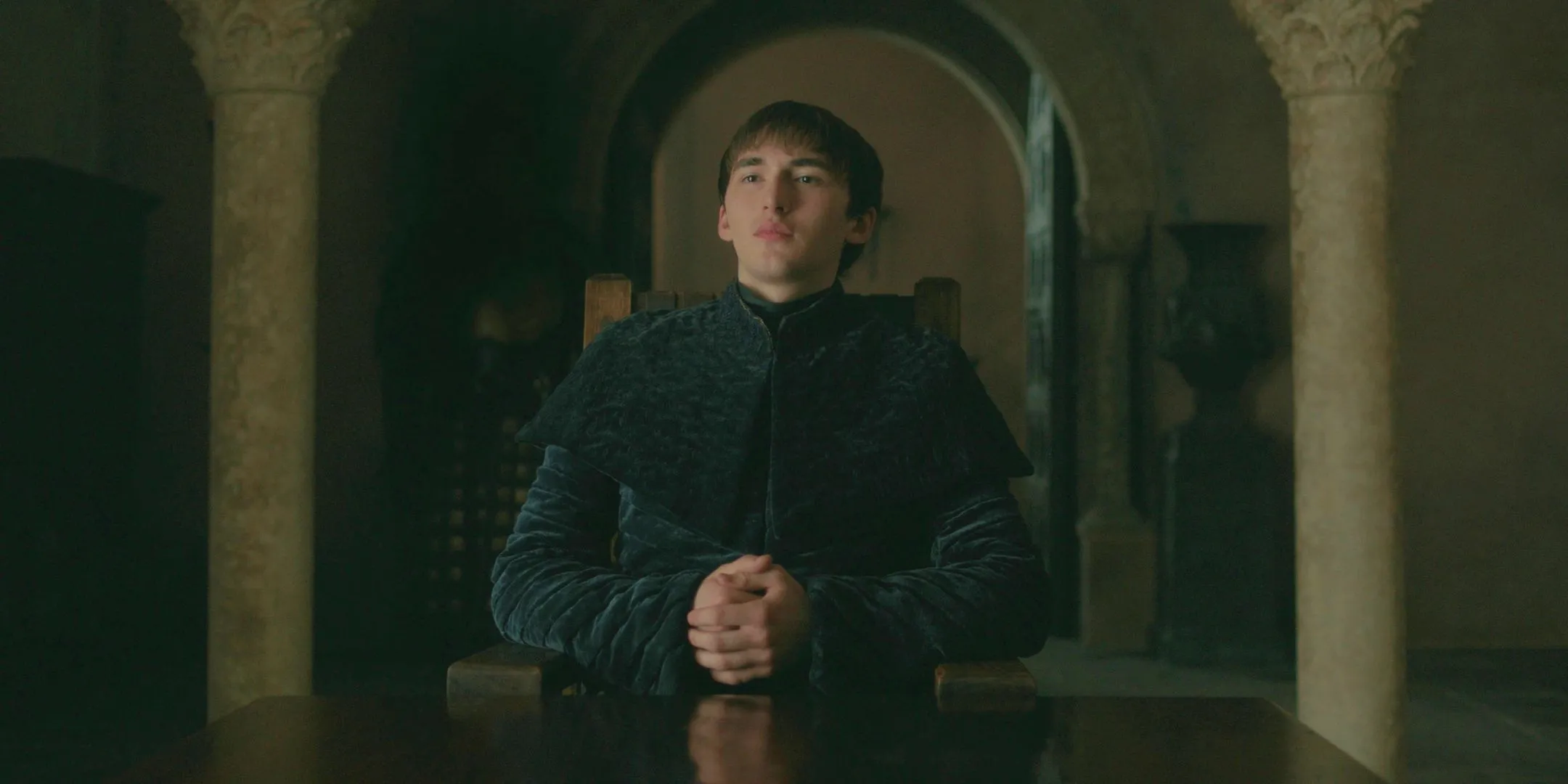
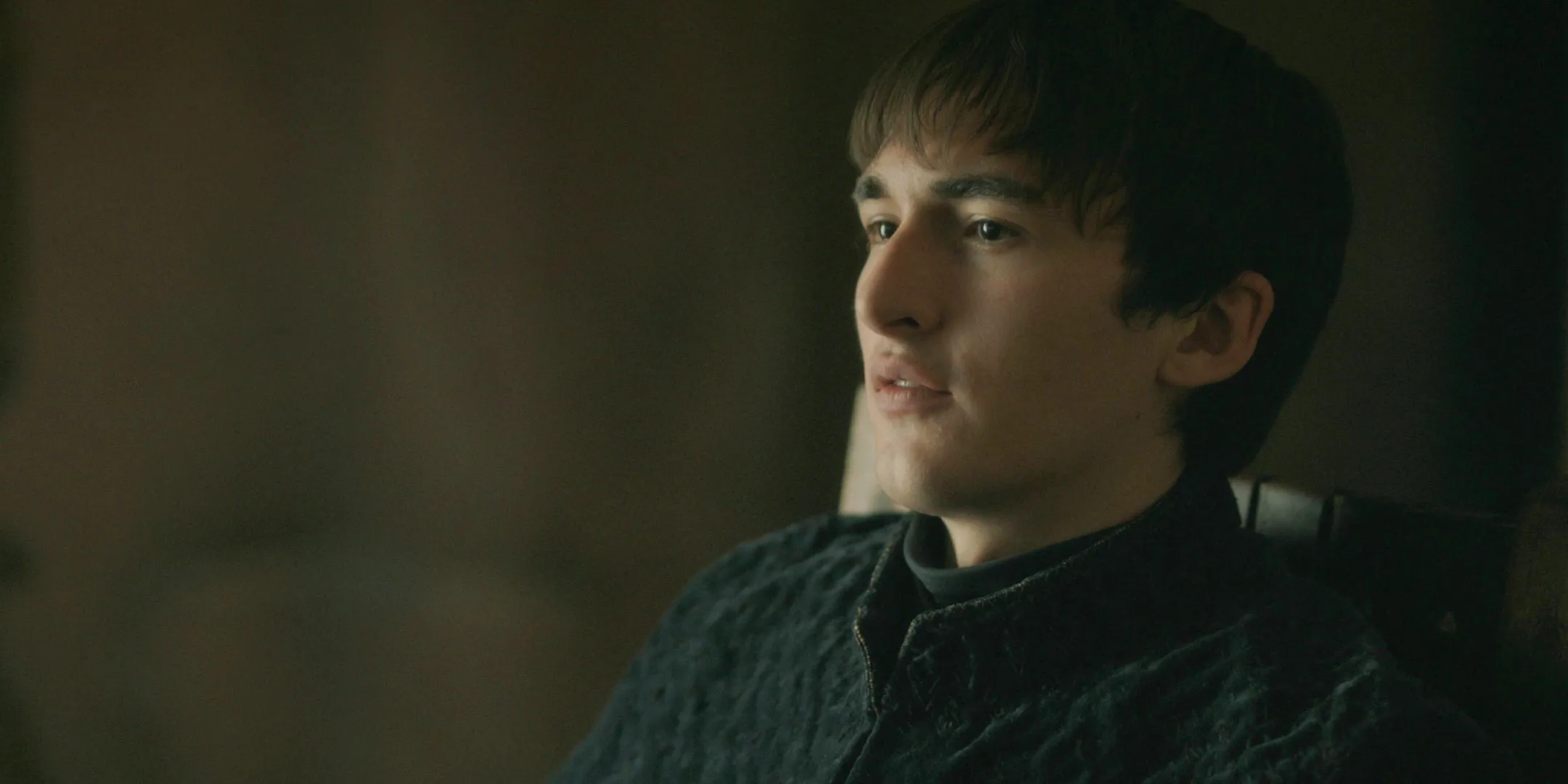
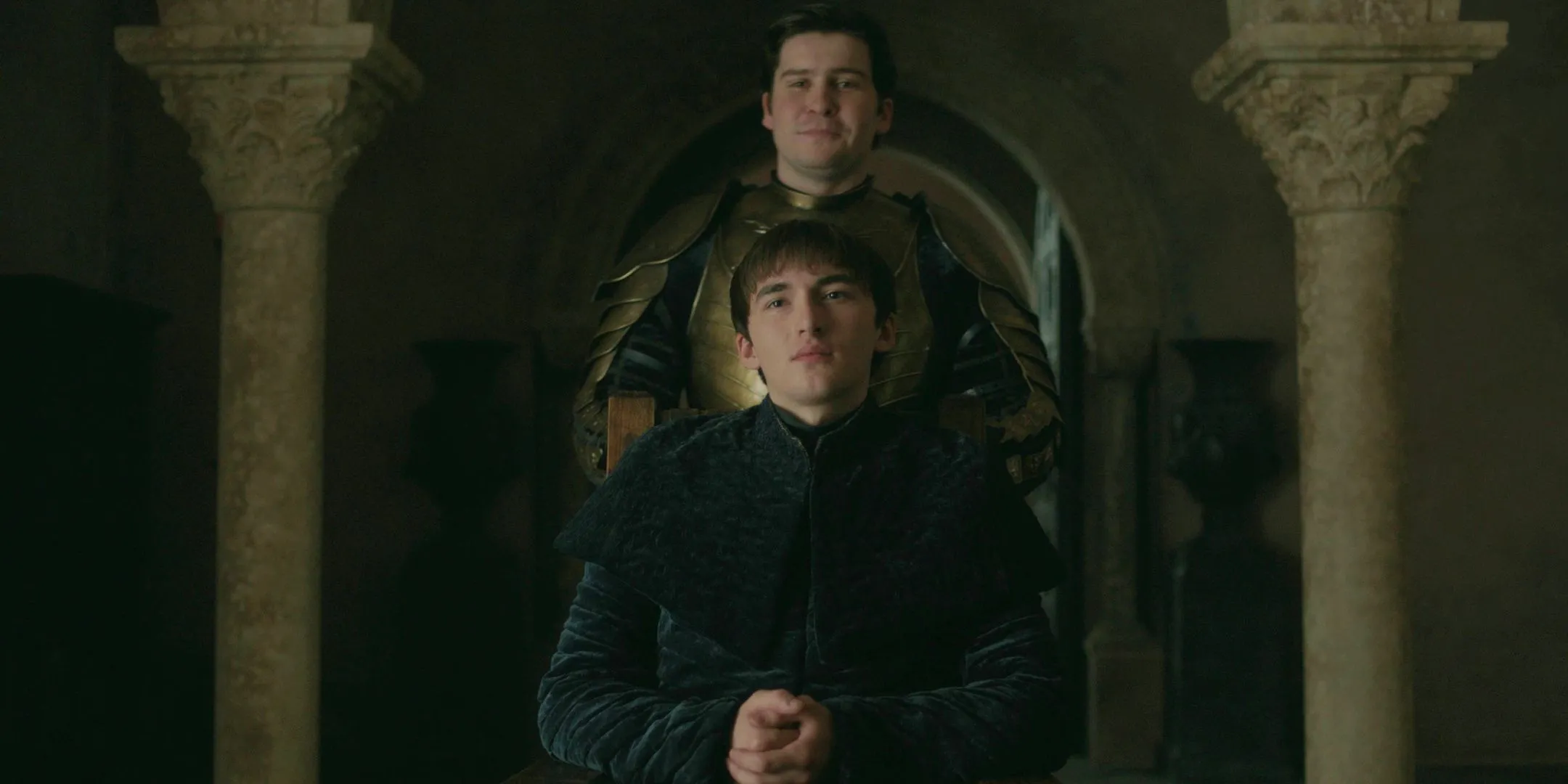
The decision to conclude Game of Thrones with Bran Stark as king possesses some logical foundation. His ability to perceive the past grants him a unique insight into the mistakes of history; his extraordinary power is coupled with a disinterest in wielding it for personal gain, suggesting a potential for benevolence in leadership. However, despite Tyrion Lannister’s assertion that “no one has a better story than Bran the Broken,”the series failed to substantiate this claim effectively. The payoff felt unearned due to the insufficient setup that preceded it.
Bran’s absence from Game of Thrones Season 5 is notable. As the character designated to become king missed an entire season, this lack of screen time was detrimental to his development. Following his journey to the Three-Eyed Raven, Bran became increasingly sidelined, adopting an enigmatic and detached persona that alienated the audience. This distance hindered viewers’ ability to connect with him as a character, undermining his eventual claim to the throne.
Limited Role of Bran in A Song of Ice and Fire’s Recent Books
Limited Inclusions in A Feast for Crows and A Dance with Dragons
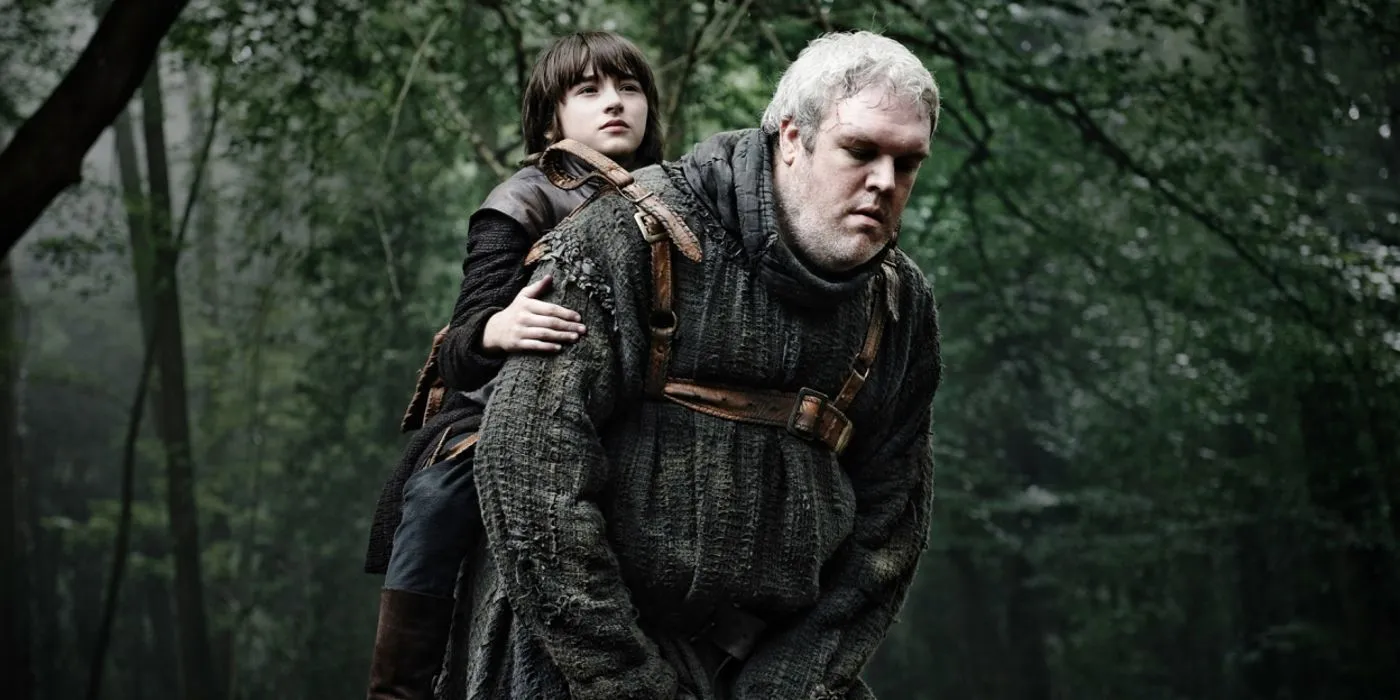
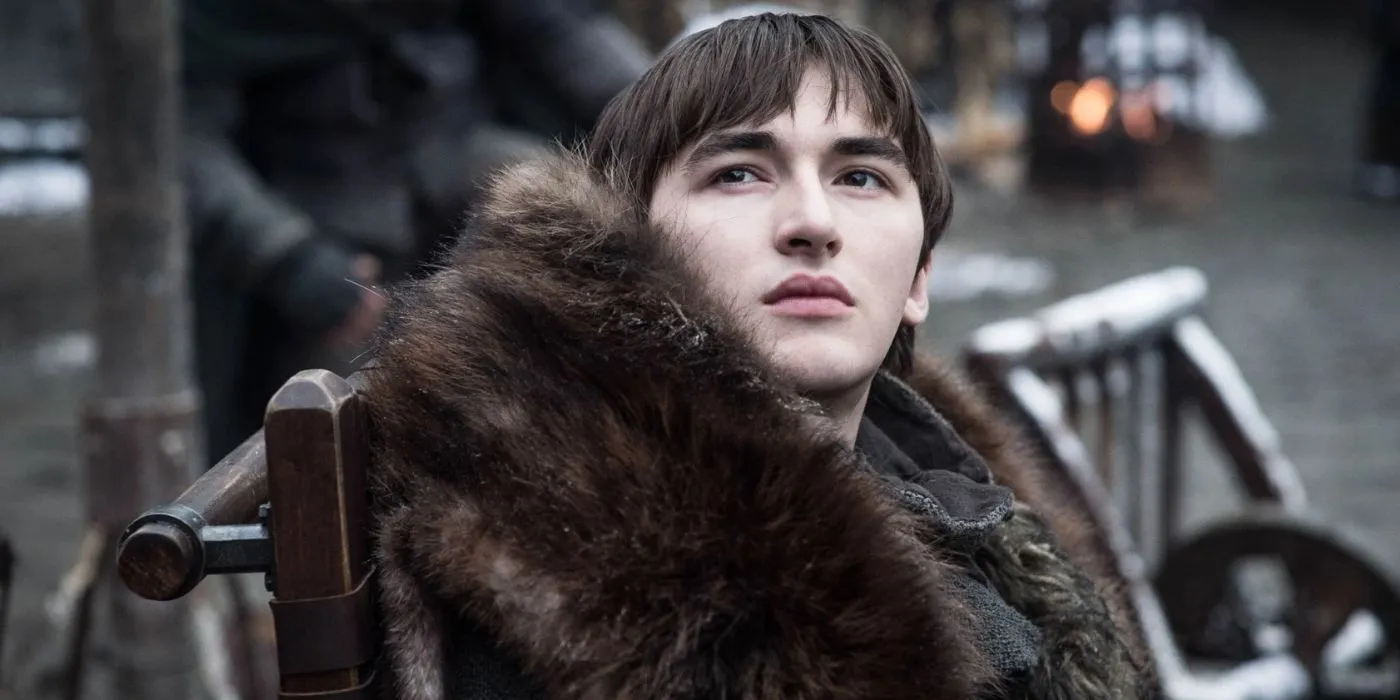
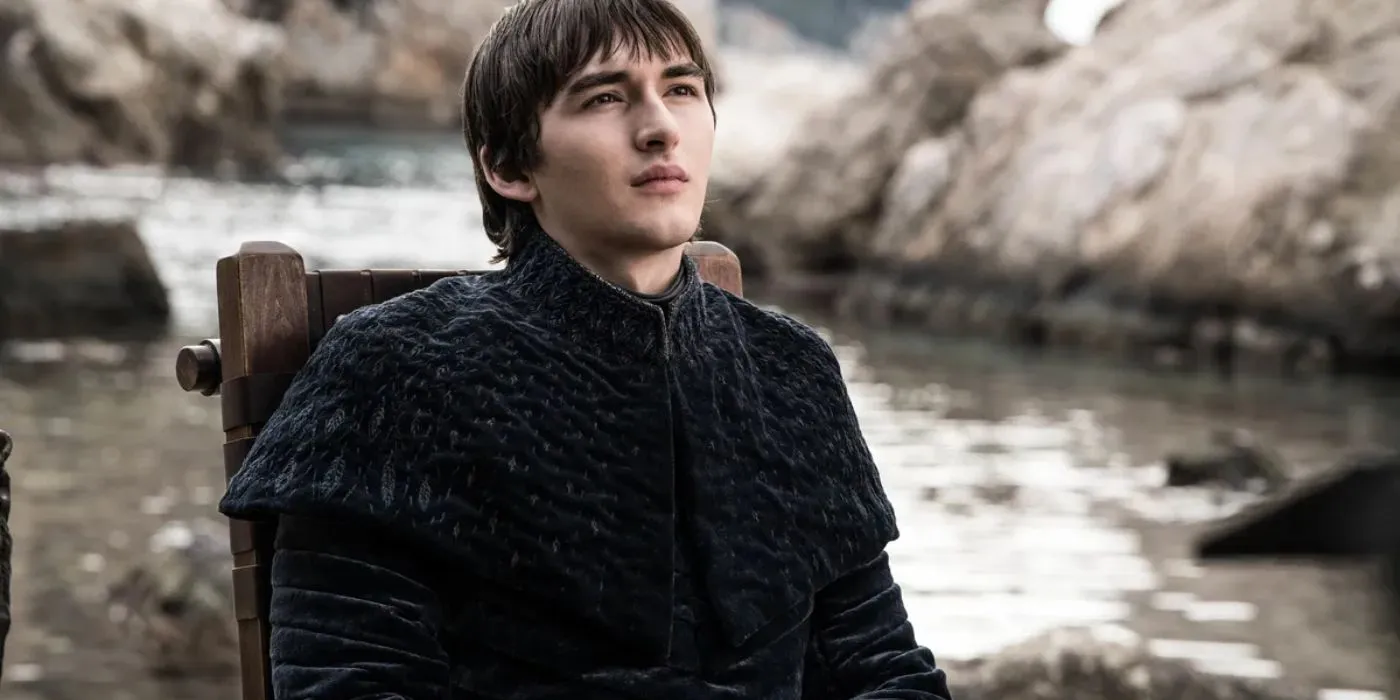
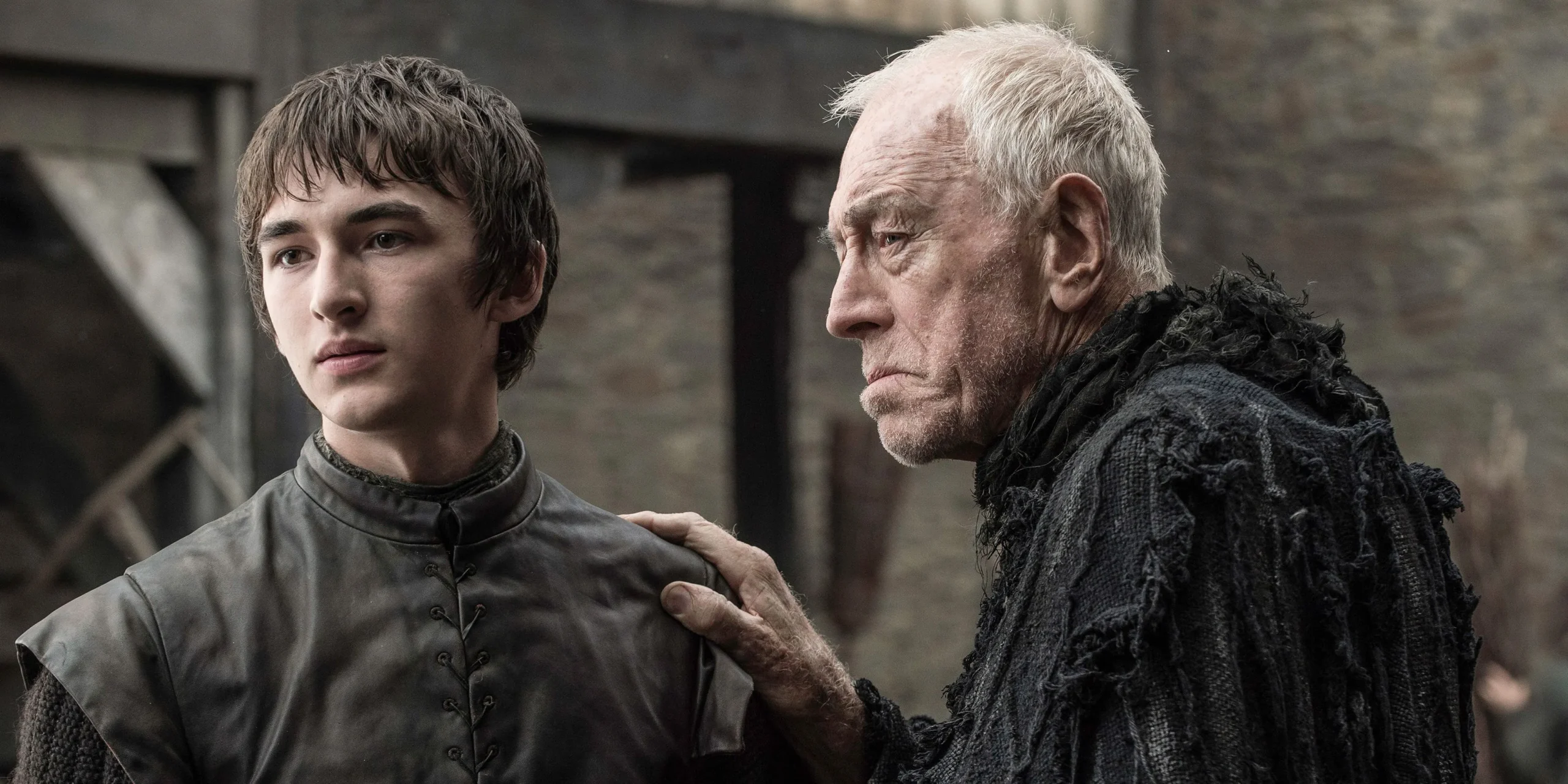
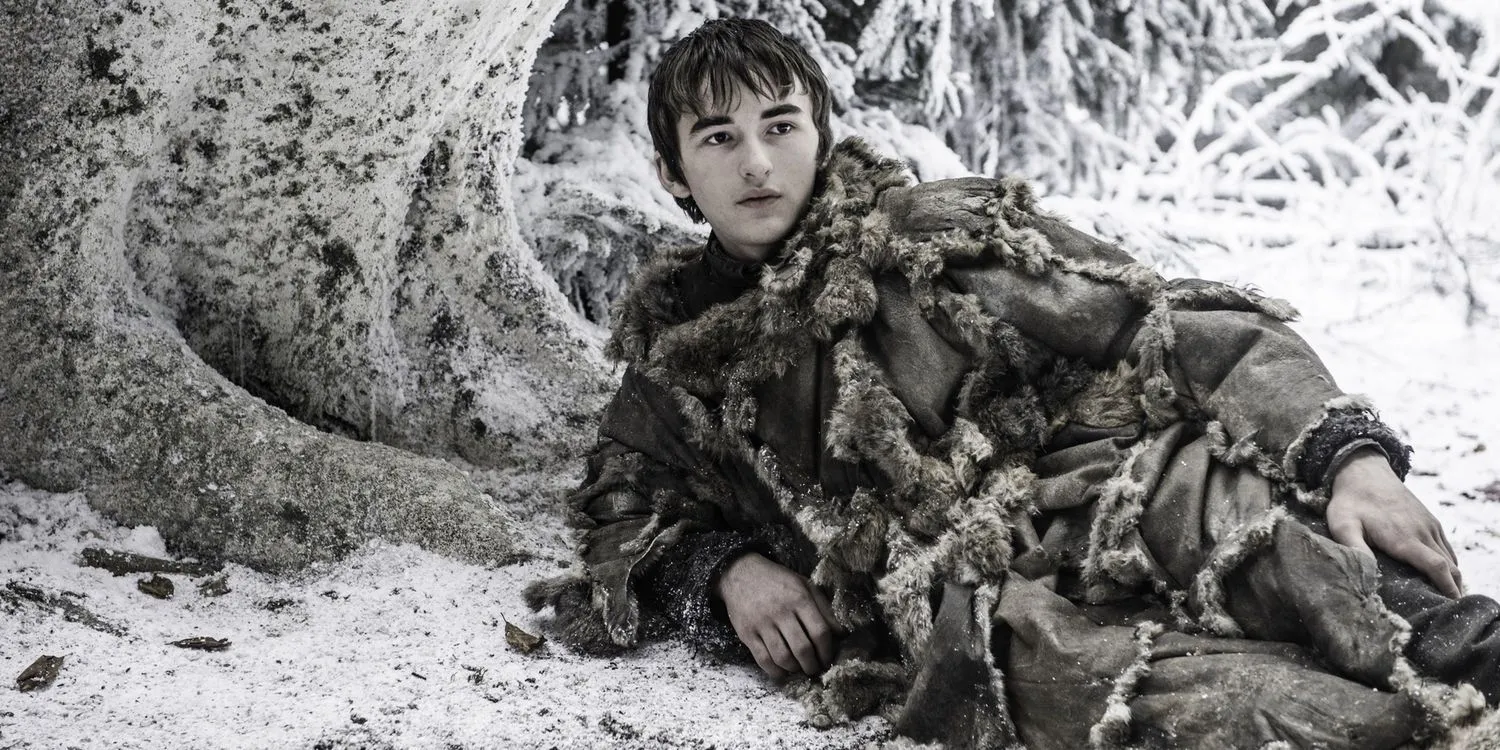
The exclusion of Bran from Season 5 primarily stems from the limited progress of his storyline in the fourth and fifth books, which form the basis for that season. Analyzing his point-of-view (POV) chapters, his narrative significance diminishes significantly:
|
Bran’s Chapters in A Song of Ice & Fire |
|
|---|---|
| Book | # of Chapters |
|
A Game of Thrones |
7 |
|
A Clash of Kings |
7 |
|
A Storm of Swords |
4 |
|
A Feast for Crows |
0 |
|
A Dance with Dragons |
3 |
The absence of Bran in A Dance with Dragons posed significant challenges for the show’s adaptation. Instead of advancing a narrative toward kingship, his storyline during this period consists largely of visions that enrich the series’ lore but do not sufficiently underscore his potential to rule. His journey indeed positions him as the next Three-Eyed Raven, yet the links necessary to signify his kingship remain somewhat obscure, leaving him detached from the overarching political narrative in Westeros.
Bran’s kingship was confirmed during a crucial meeting with Game of Thrones showrunners David Benioff and D.B. Weiss in 2013, alongside revelations about Shireen Baratheon’s tragic fate and the pivotal Hodor twist. Initially, Bran’s chapters provided readers with important insights, introducing the Stark family and delving into universal themes such as loss, identity, and prophecy. However, as the narrative broadened, his significance dwindled compared to characters like Jon Snow, Daenerys Targaryen, and Tyrion Lannister, who took center stage in the series.
While this narrative imbalance does not affect the books just yet, there is a clear need for a narrative shift in order to adequately prepare readers for Bran’s eventual kingship in future installments. The groundwork must be laid efficiently in The Winds of Winter to sidestep the backlash witnessed during the series finale.
Setting the Stage for King Bran in The Winds of Winter
Martin Can Further Establish Bran’s Role in the Narrative
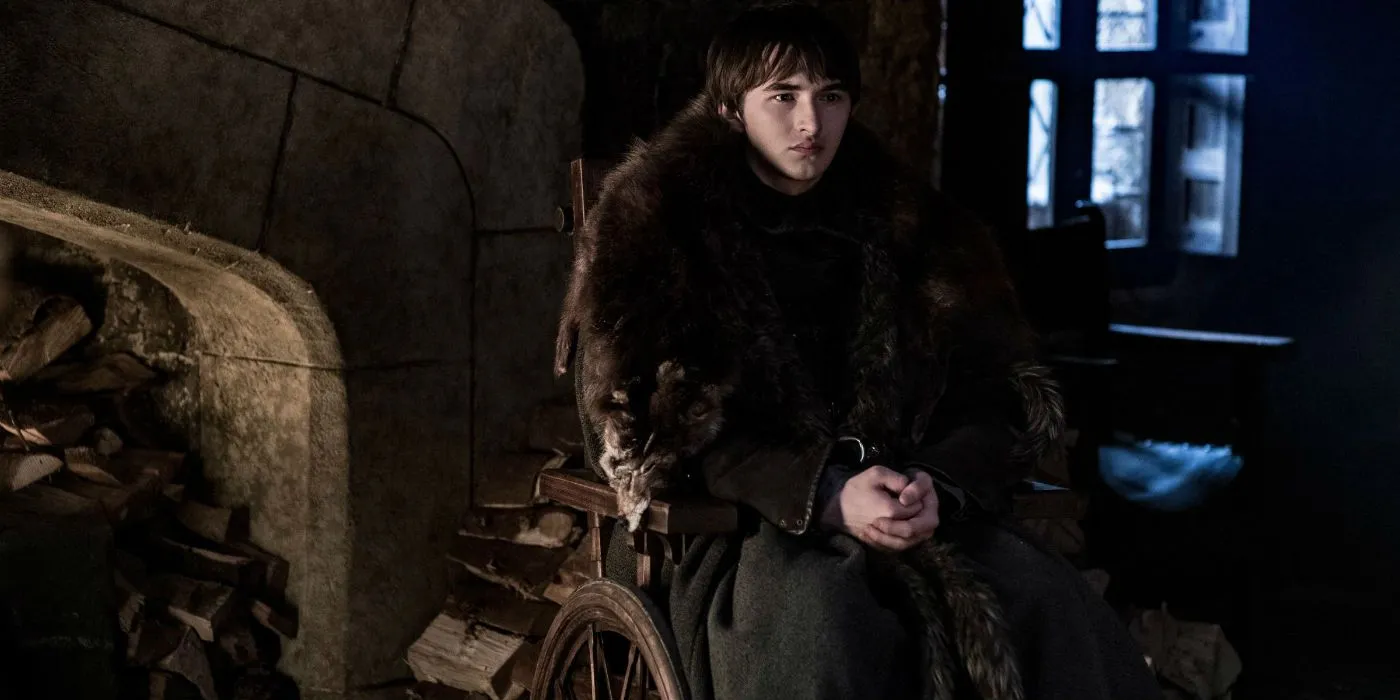
If Bran Stark is to claim the Iron Throne—or its equivalent—by the end of A Dream of Spring, it is imperative that The Winds of Winter undertakes the heavy lifting that the television series neglected to do. A fundamental starting point will be to provide more chapters from his point of view. In addition, he should actively participate in the central conflicts of the story, allowing for a clearer integration of his unique perspective with the political and existential crises engulfing Westeros.
A crucial avenue for enhancing Bran’s character in the narrative is through his greensight and warging abilities, making him integral to the fight against the Others. His powers bestow upon him a significant advantage in this struggle, yet the show failed to provide adequate context regarding his importance. With the absence of the Night King in the literature, the portrayal will differ, but it remains essential to communicate Bran’s critical role effectively.
Moreover, the POV structure serves as a valuable asset, allowing readers to delve deeper into Bran’s psyche as events unfold. Understanding Bran’s desires, motivations, and emotional transformations is vital. He must emerge as a character with genuine agency and depth, rather than merely responding to situations in a manner that leaves audiences puzzled.
As George R.R. Martin remarked in a 2024 update on The Winds of Winter, “Unfortunately, I am 13 years late. Every time I say that, I think, ‘How could I be 13 years late?’ I don’t know, it happens a day at a time. But that’s still a priority. A lot of people are already writing obituaries for me. [They’re saying] ‘Oh, he’ll never be finished.’ Maybe they’re right. I don’t know. I’m alive right now! I seem pretty vital!”
With ample time and resources available, Martin should leverage this opportunity to construct a storyline that fully prepares readers for Bran’s ascension to the throne. If Bran’s kingship is to be the conclusion of the saga, it should be rooted in a well-established foundation rather than relying on the shock value that was presented in the show.
- Bran needs more interactions with major characters.
- His motivations must be clearly defined.
- His journey should reflect a genuine desire for leadership.
